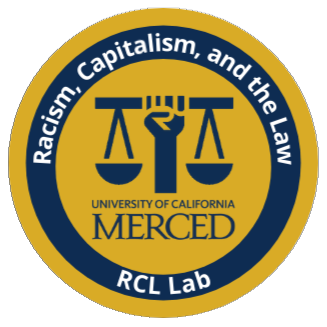Abstract
The study of U.S. racial and ethnic relations is often reduced to the study of racial or ethnic relations. This article reveals the limitations of a focus on ethnicity or race, in isolation, and instead urges a new framework that brings them together. We consider three cases that have been conceptualized by the ethnicity paradigm as assimilation projects and by the race paradigm as structural racism projects, respectively: (1) African-American entrepreneurs; (2) the Mexican middle class; and (3) black immigrant deportees. We reveal the shortcomings of the ethnicity paradigm to consider race as a structural force or to acknowledge that structural racism conditions incorporation in marked ways; and the limitations of the race paradigm to take seriously group members’ agency in fostering social capital that can mediate racial inequality. Instead, we offer a unifying approach to reveals how ethnicity and race condition members’ life chances within the U.S. social structure.

